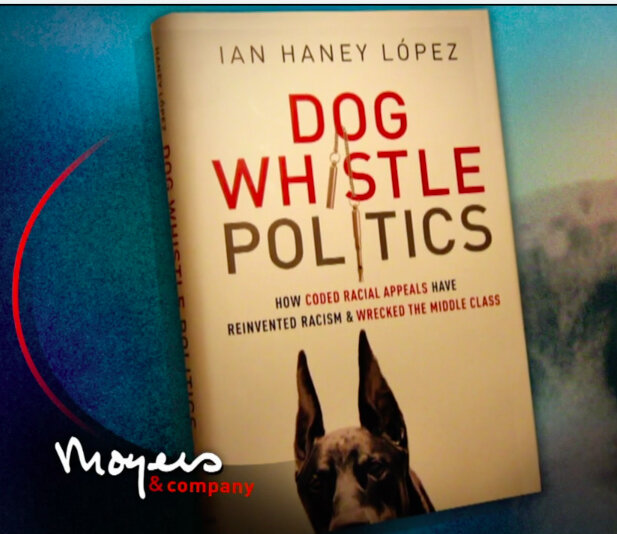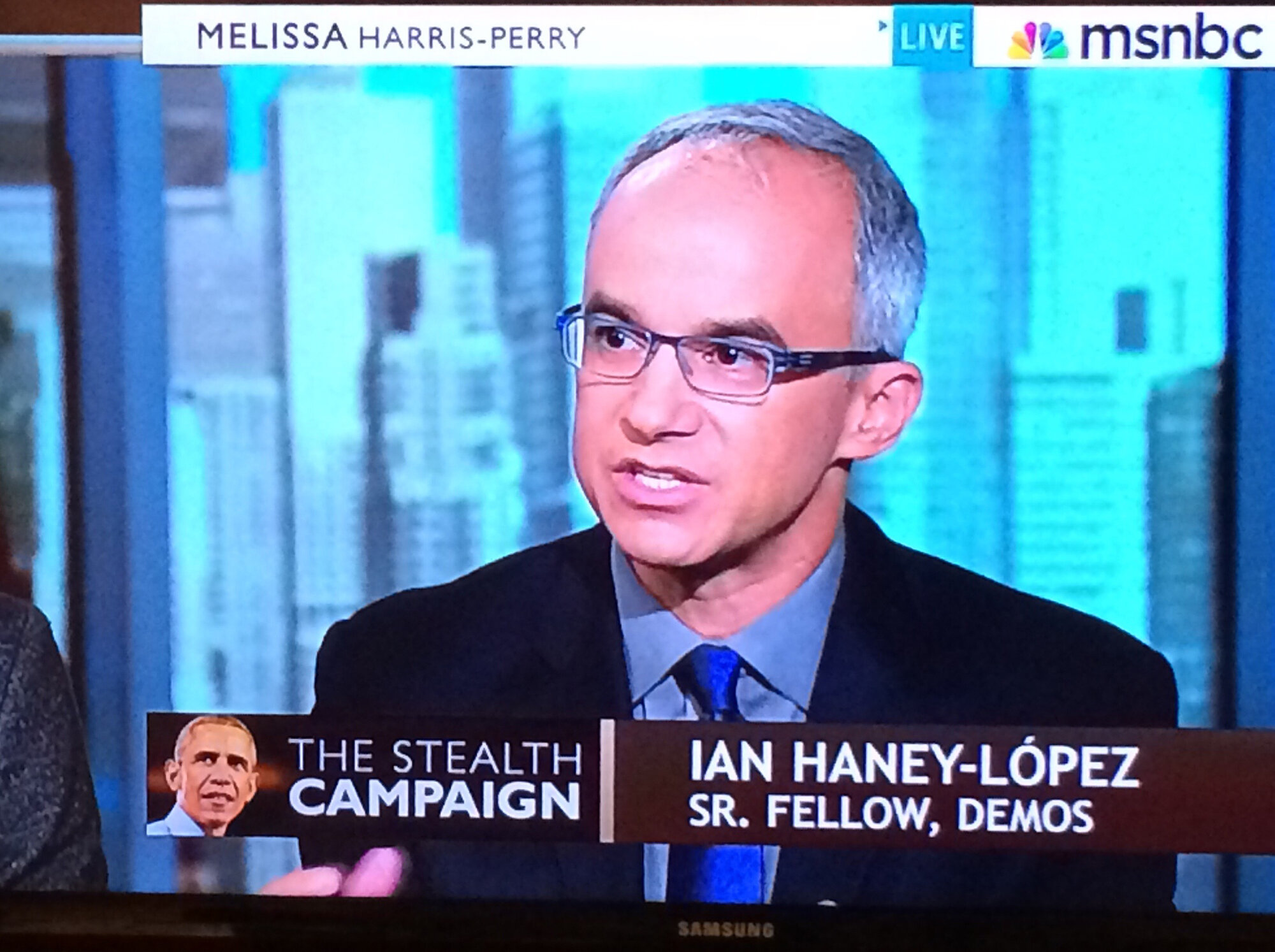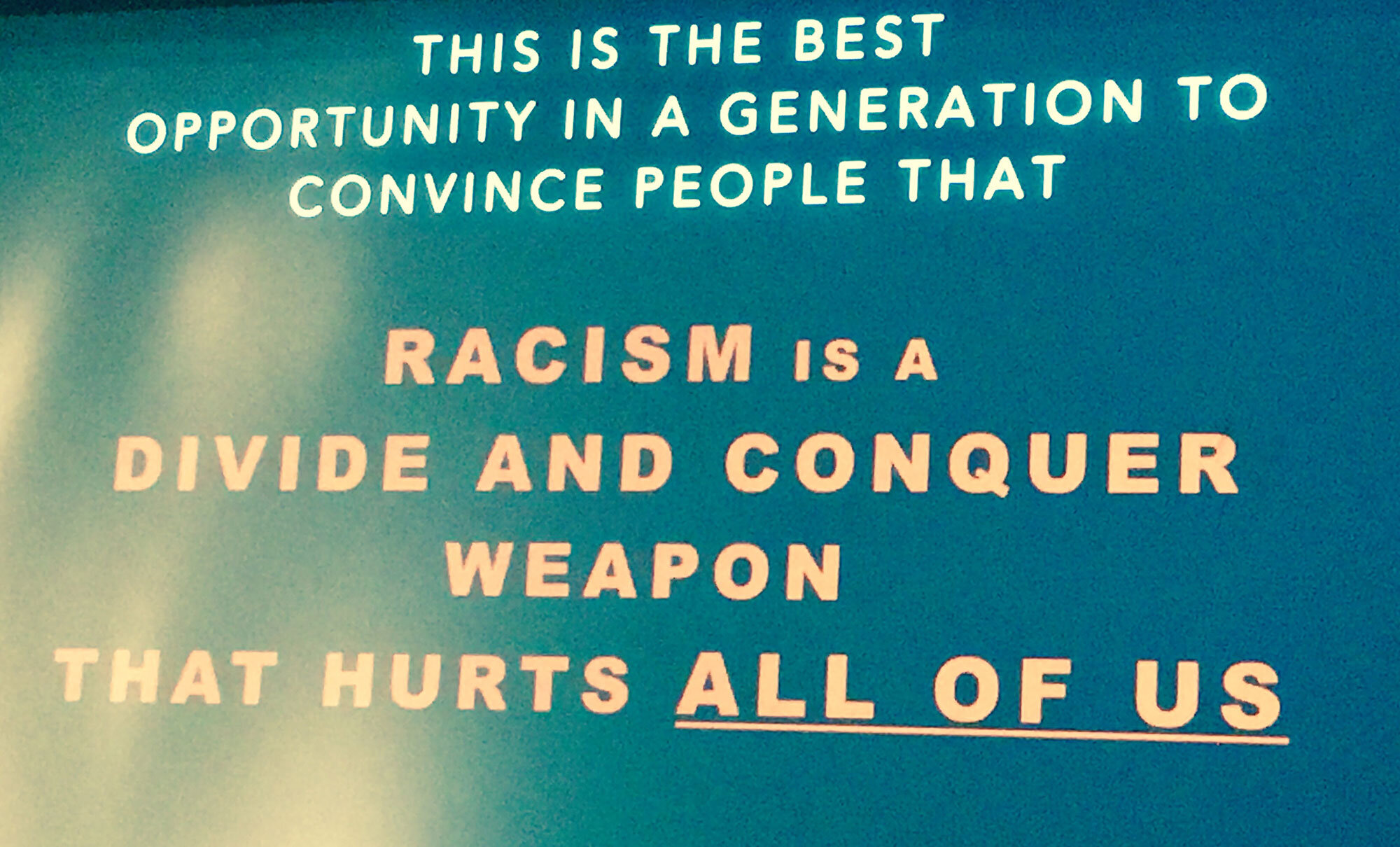Summary:
Since Ronald Reagan’s first inaugural address where he famously proclaimed, “Government is not the solution to our problem, government is the problem,” we have seen a steady shift toward dismantling federal and state protections that should support us all. We have also seen a growing mostly white audience primed, through coded racial appeals or “dog whistles,” to not only distrust government but actively work to tear it apart.
In his 2014 book, Dog Whistle Politics, author and constitutional law scholar Ian Haney López succinctly laid out how the strategy of “dog whistling” has been successful in electing conservative politicians for more than 50 years. After Dog Whistle Politics was released, Silver Muse Productions came onboard to promote the book and share with new audiences the underlying political strategies outlined in its pages.


Challenges:
In America, a dominant narrative has taught us the individual alone is responsible for personal successes, and the only role of government is to get out of the way. Conservative icons have steadily built out this narrative for decades, which also dovetailed with the civil rights era belief that being “colorblind” was a sign of progress. For decades, the left in America also operated from the long-held notion that talking about race actually took us backwards rather than forward, and if we just waited long enough, changing demographics over time would solve everything. This became especially true during the “post racial” years of Obama’s presidency, and getting white progressives to see outside this colorblind bubble was a challenge early in 2014.
Then on August 9, 2014, Michael Brown was shot and killed in Ferguson, Missouri by police officer Darren Wilson, and white progressives started to see what many Black and brown activists have known all along: not only must we talk openly about race, we must do so through the critical lens of racial justice that includes decoding of political dog whistles.
Strategy:
With an eye toward sharing this deeper understanding of how race operates in America with the larger culture, we got Dog Whistle Politics into the hands of entertainment industry professionals like John Oliver, Stephen Colbert, Shonda Rhimes, Zach Galifianakis, Peter Bratt, and political cartoonist Berkeley Breathed, among others. Kathy Najimy, known for her roles on Veep and King of the Hill shared this clip on dog whistling with her circles, and writer and independent filmmaker Louise Rubacky said of being introduced to the book: “Dog Whistle Politics presents essential American history on institutional racism, and reading it gave me an opportunity to think carefully about its themes, and talk and write about them.” We also expanded this outreach strategy to include local and state political leaders and elected officials, with particular emphasis on states in the south.


Results:
After Donald Trump was elected in 2016, we switched gears to introduce Ian to a type of message testing that would eventually put metrics to his theory that discussing race overtly, rather than continuing to operate under colorblind narratives, could bring people together in support of good government. The research team Ian co-led would eventually find that purposely linking race and class, rather than looking at them as separate factors, was the strongest way to build cross-racial solidarity and defeat conservative ideology. You can read more on this work, along with other ideas for how the left can move forward, in Merge Left.
